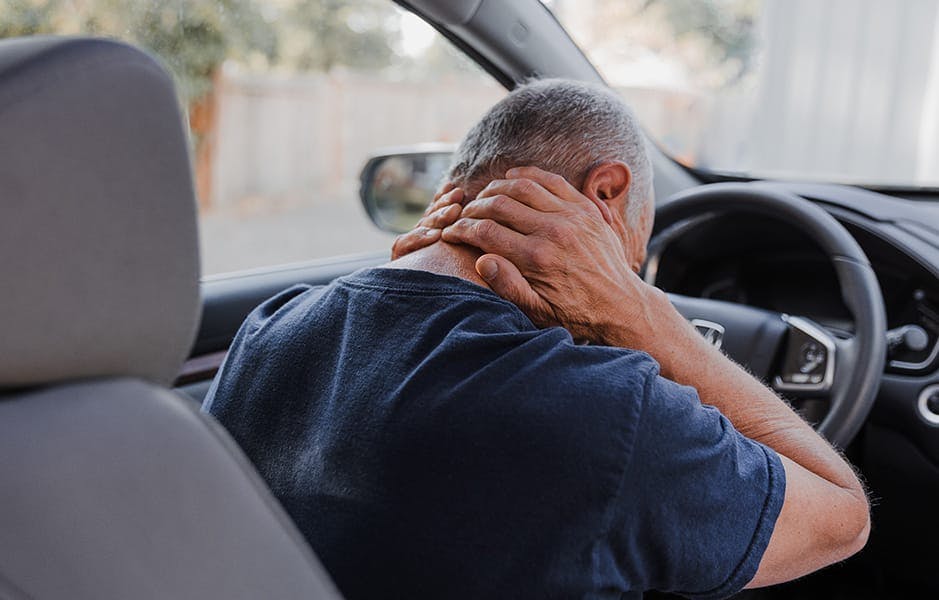Around 2.5 million rear-end car accidents occur every year in the U.S.—over 6,800 per day. While some are minor, a rear-end accident could cause serious, catastrophic, or fatal injuries. At Park Chenaur Injury Lawyers, we are driven to achieve justice and full compensation for injured people and their families.
Why Do You Need a Rear-End Auto Accident Injury Lawyer?
Rear-end accidents that cause injury may appear straightforward but claiming for losses can be challenging. Insurance companies are out to protect their own interests and will not generally volunteer adequate compensation unless you fight for it. A rear-end auto accident injury attorney can liaise with the third-party insurance company of the at-fault party and, if no settlement is reached, pursue damages through the Washington courts. An experienced attorney from Park Chenaur can help you:
- Prepare your case and negotiate with the insurance company
- Go to trial if full compensation is not forthcoming
- Recover your losses without having to pay a retainer upfront – we work on a contingency basis for personal injury cases (you only pay us if we win your case)


Who is at Fault?
As a driver, you are expected to drive with a fundamental duty of care for others on the road. Part of this duty of care is maintaining an adequate distance from the vehicle in front to give you time to brake. Failure to do this will typically mean that you’re liable if you drive into the back of the vehicle in front. In most cases, this applies even if the vehicle in front stops suddenly or without good reason. There are some exceptions, which include the following:
- If the driver in front changes lanes recklessly, cutting you off and then slamming on the brakes, they may be liable—not you.
- If the tail lights on the vehicle in front are not functional, the driver may be liable.
- If you are stopped in traffic and hit from behind and, as a result, your vehicle hits the car in front, you shouldn’t be held liable.
- You cannot be held liable if a vehicle reverses quickly for no apparent reason and collides with your vehicle.
Liability must be determined through a thorough investigation into the facts. It is not always as straightforward as it seems, and it is best to seek advice from experienced rear-end auto accident attorneys if you are injured.



















